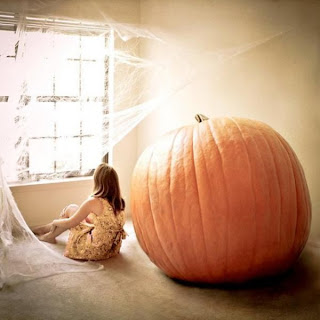The boy in the cloud tells you it is a fairly easy climb. It only appears difficult because people (adults that is) generally do not take enthusiastically to such endeavours, climbing one step at a time surely but steadily, heading upwards one rung at a time. And because many people in general do not take to such endeavours enthusiastically, it only appears difficult.
Understandably, you can’t quite grasp his logic and tell him as much.
He says it is a vicious cycle, the kind that keeps going in a loop such that you forget where it started and can’t figure out where it is supposed to end.
He makes no sense so you keep mum not wanting to sound thickheaded again.
He watches you keenly for a while. Your fingers cross and uncross themselves in the depths of your pockets while the rest of you stands taut.
“A penny for your thoughts,” he throws the bait.
“Give me a penny first,” you say.
“Give me your thoughts first,” comes the reply.
Only he manages to make it sound like a command and you are sure you had sounded like Oliver Twist.
“Alright,” you concede. “I was thinking that you were merely trying to trap me in wordplay. All that talk of vicious cycles and repeating a sentence backwards to make it appear as if you had uttered two entirely different sentences in the breath of one. I think you are ...” You pause. He is too young for profanities.
“Go ahead, spit it out,” he challenges you. “You think I am what? Bullshitting you?”
“I didn’t say it,” you promptly go on the defensive, sensing those scarlet eyes boring into yours, his thoughts and yours bridging the great distance between the two of you, pulling you closer to him while also tearing you apart.
His lips are pursed. The blood-red eyes are incongruous on the cherub face of the little child. Incredible. Because the harder your look, the more you realise the face is yours, from all those years ago.
“You could prove me wrong, you know,” he teases. “Grab the rope, climb up, and let your legs dangle over the edge.”
You hesitate.
“It is a nice feeling, you will see,” he promises.
The air around you shifts as if it were trying to dispel your doubts.
You stumble forward, warily at first, and as the rope comes into greater focus, the clarity lifts your spirits. You break into a run, feeling light as a feather. When you near the rope, you leap and grab it with both hands and begin your upward scramble, lifting your weightless self effortlessly on the newfound strength of your arms. Rung after rung you clamber up.
And when you reach the top, you are near enough to see the boy smiling. Rather evilly. As if he has just pulled a fast one on you and you proved an easy prey. He stretches one arm towards yours as if to pull you over the last rung and onto the ring of cloud. Even as he does, his flaming red eyes dissolve into a black emptiness. Lines of age bite deep into the virgin skin of his face and hands. His puckered lips crack at the edges and fade from a moist pink to an ashen lifelessness. His tender locks of hair evaporate into the air and the few strands that remain are a spectral grey-white.
As you see yourself age seven decades in an instant, the boy - now an unrecognisable assemblage of withered flesh and old bones - leans over to you and says “I have no pennies to spare” and shoves you over the edge.
You make a grab at the rope but all your manage to grasp is a handful of airy emptiness.
And you fall.
Endlessly.
Limbs flailing.
The lightness of your being as you sprinted towards the rope is now replaced with a solid heaviness that drags you down with such force you are certain it emanates from within you, from the depths of your chest.
Your heart beats incessantly like the flapping wings of a hummingbird, so rapid it appears still.
Bells toll in the distance. A funeral, you wonder. Perhaps yours?
You wish the bells would stop. The racket is now inside your head, growing worse than the pounding in your chest.
You cannot bear it any longer.
You know your heart is about to explode and cover what remains of you in a million broken pieces.
You squeeze your eyes shut.
You are forced to surrender.
Your body strikes the hard ground and you crumble into lifelessness.
And you wake up in another world.
As you slam the alarm shut, you think you will be late for work again today. You have a fleeting thought, something to do with bad pennies, but before you can consider it, it slithers away into the realms of the unconscious, forever out of your reach.













